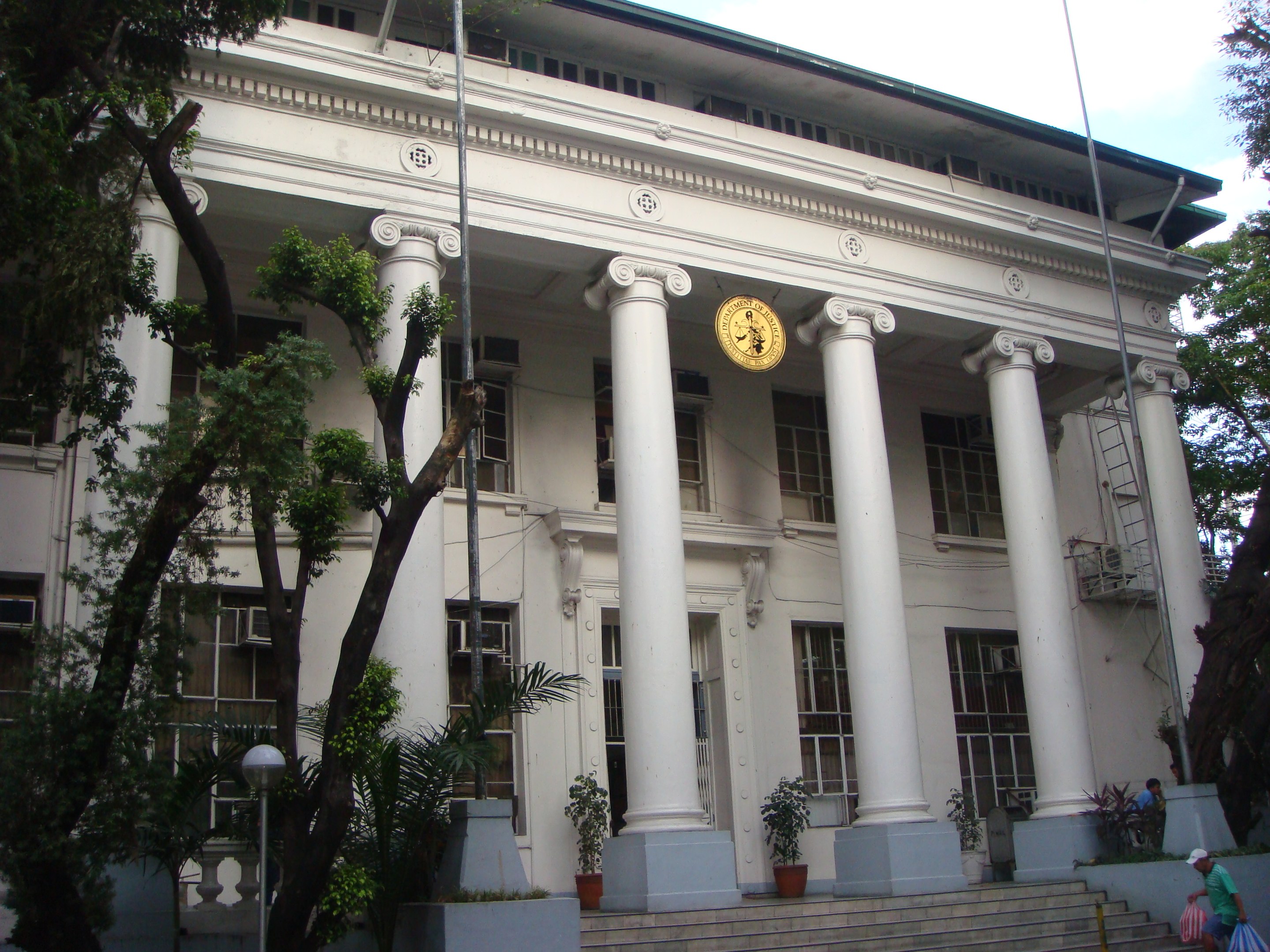News
Jee Ick Joo’s wife to take witness stand on Tuesday

A new judge, Judge Eda Dizon-Era of the Angeles City Regional Trial Court (RTC) Branch 60, took over the case after RTC Branch 56 Judge Irin Zenaida Buan recused herself from ruling on the second motion filed by the DOJ prosecution panel for her to inhibit from the case. (File Photo By Ramon FVelasquez – Own work, CC BY-SA 3.0)
MANILA — Choi Kyung Jin, wife of murdered South Korean businessman Jee Ick Joo, will finally take the witness stand for the prosecution on Tuesday, the Department of Justice (DOJ) confirmed on Monday.
“She will be our second to the last witness in the case,” Senior Assistant State Prosecutor Juan Pedro Navera said.
Choi’s testimony, originally scheduled last year, faced delays due to the absence of certification of accreditation for the translator of the testimony.
A new judge, Judge Eda Dizon-Era of the Angeles City Regional Trial Court (RTC) Branch 60, took over the case after RTC Branch 56 Judge Irin Zenaida Buan recused herself from ruling on the second motion filed by the DOJ prosecution panel for her to inhibit from the case.
Aside from the prosecution, accused Police Chief M/Sgt. Ricky Sta. Isabel and Jerry Omlang filed separate motions asking that she inhibit from the case. Last May 23, the panel of prosecutors sought her inhibition but Buan denied the motion last July 31.
The team of prosecutors said Buan denied their motion almost two months after it was filed but they have yet to receive a copy of her order, thus, they opted to file a second motion.
The second motion was filed also upon the order of DOJ Secretary Menardo Guevarra and Prosecutor General Benedicto Malcontento.
In their first motion filed on Aug. 7, Senior Deputy State Prosecutor Richard Anthony Fadullon asked Buan to voluntarily inhibit herself from the case.
The motion was also signed by Senior Assistant State Prosecutors Juan Pedro Navera, Olivia Laroza-Torrevillas, and Ethel Rea Suril.
The judge had granted the petition for bail of Police Supt. Rafael P. Dumlao III despite the positive testimonies of discharged state witness Roy Villegas that he was part of the conspiracy in the kidnapping for ransom of Jee, being the alleged team leader, mastermind, and instigator of the crime.
Jee was kidnapped by two unidentified men from their residence in Friendship Plaza Subdivision, Angeles, Pampanga on Oct. 18, 2016.
After their arrest, the kidnappers who turned out to be members of the Philippine National Police accused Jee of being involved in the illegal drug trade.
Choi made the statement that one of the kidnappers, Patrick Joseph Banez, demanded a ransom of PHP8 million, and she reportedly paid PH5 million on Oct. 30, 2016.
On Jan. 17, 2017, the National Bureau of Investigation (NBI) went to a funeral parlor in Bagbaguin, Caloocan where the body of Jee was believed to have been brought and cremated and his ashes flushed down the toilet.
The panel said Buan’s subsequent actions and later orders indicate clear badges of partiality in favor of Dumlao and the other accused in the case, such as when she persisted to set periods to file pleadings from both parties despite the opposition of the prosecution who contend that the proceedings be deferred pending the issuance of the order on the motion for inhibition.
The prosecution said Buan granted Dumlao’s petition for bail despite the fact that Villegas told the court that he harassed and even threatened him not to implicate him and not to identify him as one of the perpetrators.
Aside from Dumlao, Sta. Isabel and Omlang, the DOJ also charged Gerardo “Ding” Santiago, the owner of the Gream Funeral Services in Caloocan City where the body of the victim was brought and Villegas for kidnapping for ransom with homicide.
Villegas was later discharged as state witness while Santiago’s case was downgraded to being that of an accessory.





















